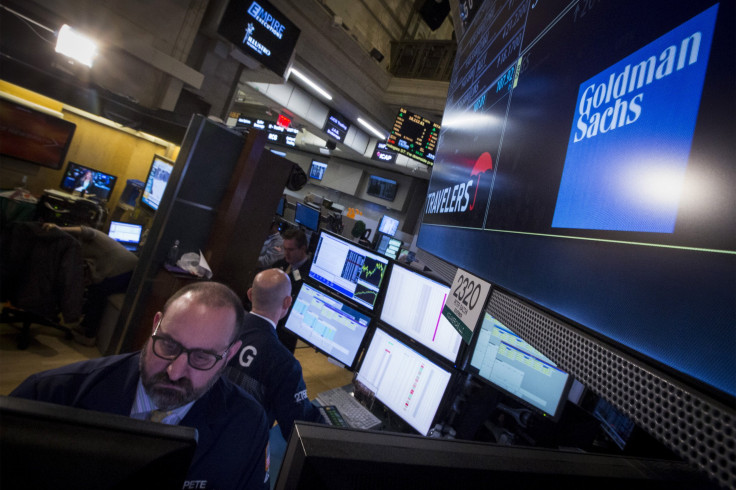Goldman Sachs Sees Iran Nuclear Deal As Downside Risk To Its Oil Price Forecast

SINGAPORE (Reuters) - This week's nuclear deal between Iran and major global powers puts downside risk to oil prices as Iran's vast reserves gradually start to return to the market in 2016 in greater volumes, U.S. bank Goldman Sachs said.
Under the agreement, sanctions imposed by the United States, the European Union and the United Nations are to be lifted in exchange for curbs on Iran's nuclear program.
Iran, a member of the Organization of the Petroleum Exporting Countries (OPEC), exported almost 3 million barrels per day (bpd) of crude at its peak, before sanctions over its alleged ambitions to build a nuclear bomb saw shipments collapse to about a million bpd over the last 2-1/2 years.
"The timeline of the sanctions relief implies that this agreement will have no impact on 2015 oil balances," the bank said in a note to clients.
"We view the 2016 prospects for higher OPEC production including from Iran as a growing downside risk to our oil price forecast," it added.
Goldman's current oil price forecast is for Brent crude oil prices to average $58 per barrel in 2015 and for $62 next year, while it expects U.S. crude to average $52 and $57 per barrel this year and in 2016, respectively.
© Copyright IBTimes 2024. All rights reserved.





















